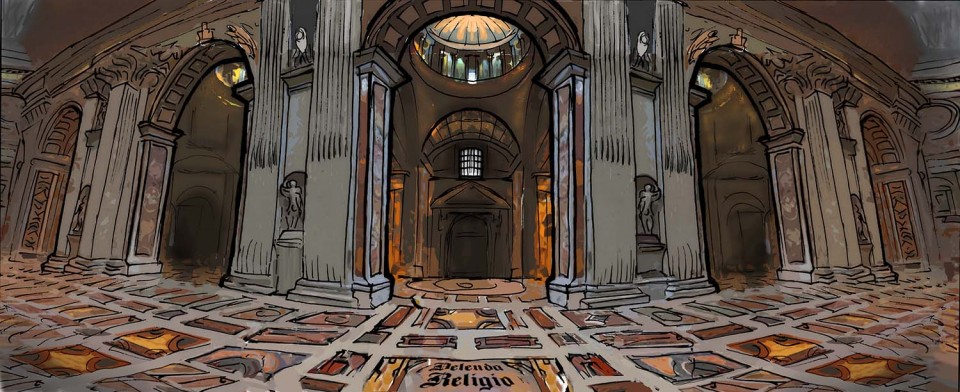It is, of course, impossible for a layman to understand the workings of a suicidal mind. Even psychiatrists, whose profession apparently leads many of its practitioners to take the irreversible step themselves, can never be sure about a given suicide’s motivation. The subject deserves reflection, however, since we have all become targets or potential collateral damage of terrorist self-immolation.
Some people are prepared to make significant personal sacrifices, for a variety of reasons. One cannot but admire Doctors Without Borders and other humanitarian paragons of generosity in sacrificing their personal comfort and gain for the sake of others. (Less admirable but often equally admired is the masochistic sacrifice some people make in renouncing certain of their essential human rights, by taking vows of poverty, chastity and obedience.) Then there are the heroes in both war and peace who are prepared to suffer and even die so that others may live. “Greater love than this …”. Christianity is built on the seminal belief in Christ’s self-sacrifice, voluntarily paying off an imagined ransom to an imagined God of Reckoning.
But suicide-bombers have marked the last twelve decades, since the “human bombs” of the Russian-Japanese war of 1904-1905, to the kamikaze pilots in the Pacific in the forties, to the human IEDs of Radical Islam today all over the planet. The 3800 young “tokkatai” (“special attack units”) of the Imperial Airforce, as well as the “human torpedoes” of the Imperial Navy, have been forgotten by people younger than I. Their motivation was more or less pure patriotism, though many realized the pointlessness of their desperate sacrifice in a war they knew Japan could never win.
Today’s terrorist suicide-bombers, and assassins like those who knew they could not survive their Charlie Hebdo mass-murders, have very different motivations. But the threat they represent is even more frightening than that of the Japanese kamikazes. These young men were the cream of the nation, students of engineering, literature, philosophy, law, the intelligentsia of an Empire brainwashed to worship its Emperor. They were the “broken jewels”, lauded by imperial military propaganda, in the words of a classic 6th century text : “Better to depart as a broken jewel rather than live intact as a common piece of pottery”. Radical Islam’s willing suicides are ordinary, unremarkable individuals, including even children, whose name is Legion. There are countless candidates ready to replace them, eager to destroy the enemies of Allah and enjoy the rewards He has promised them. There is no limit to the volunteers available. They are just pieces of pottery, ready to be shattered, their worth estimated only in terms of the number of their potential victims. The epithet is only metaphorical, but this exploitation of what we used to call cannon-fodder is even more diabolical than the bombing of Pearl Harbor. How can anyone justify today’s present horror in the name of religion ?
DELENDA RELIGIO

The naivety of exploited and misled but otherwise intelligent young men answering the siren call of a misunderstood and misplaced patriotism is one thing – the faux macho posturing of brutal sadistic thugs with little or no understanding of their religion, its history or contemporary relevance is another. I do not believe that the corrupt misunderstanding of their religion is the sole or even the major factor motivating these psychopaths. The pleas to their religious and community leaders and families to disabuse them of their perverse misreading of their holy book will largely fall on deaf ears because many of these thugs are antisocial misfits whose self-pitying victim mentality has exploded their pathetic desire for recognition into their current murderous trajectory. Many of them have criminal histories before they embark on their ultimate exhibitionistic murdering excesses.
Religion is not about to disappear any time soon and in any event its disappearance would not rid us of these thugs. They must be ridiculed for the weak, pathetic losers they are. Then we might see some progress.
LikeLiked by 1 person
I hope that Frank has not been victim of a human bomber to whom he was designated as an equivalent of Charlie’s writers
LikeLike
Good news ? Bad news ? I have been off the air because I have been in New Zealand and am now in Sydney for, inter alia, the Australian premiere of the short Anzac movie in which I play the principal role. I will soon be back with a post on “Daechism”.
LikeLike
Ouf
Still a little danger with the airplane …
LikeLike
No worries, as they say here in Oz, of which I am not the Wizard. Why ? Because I will be wearing my Miraculous Medal.
LikeLike